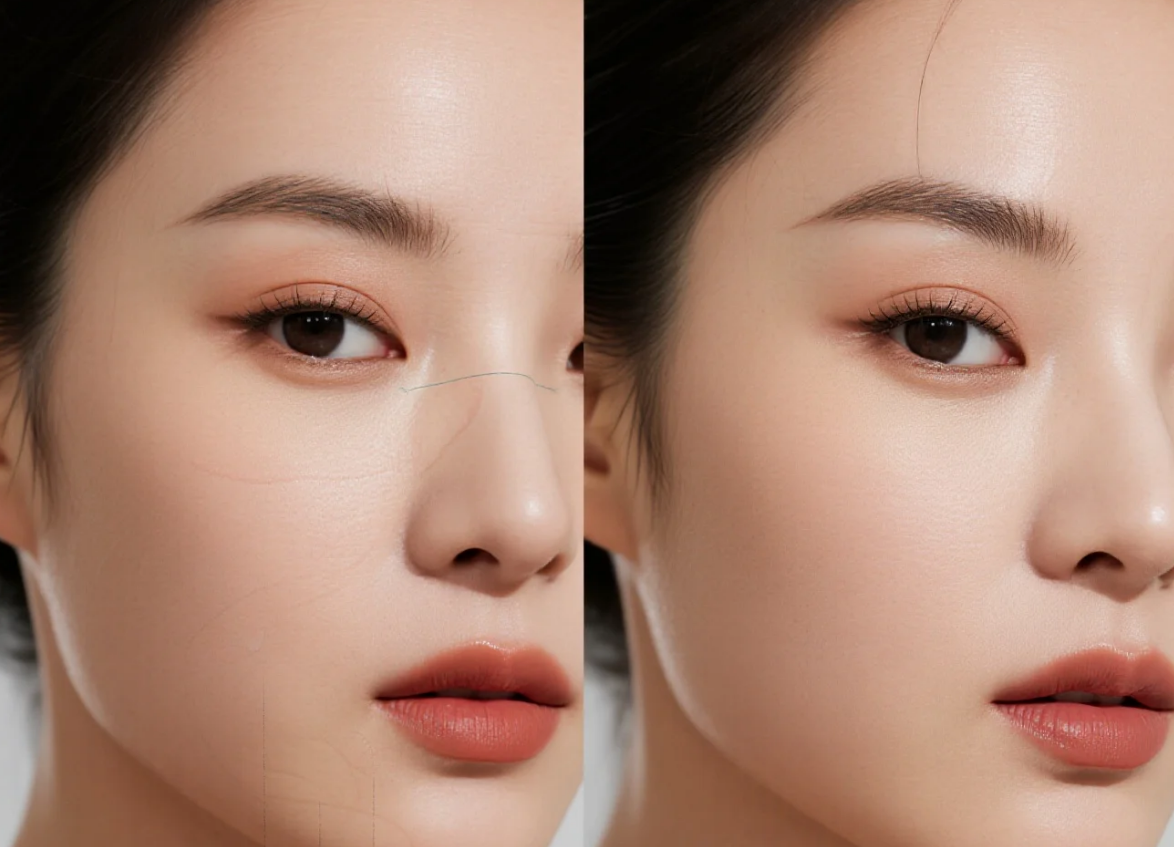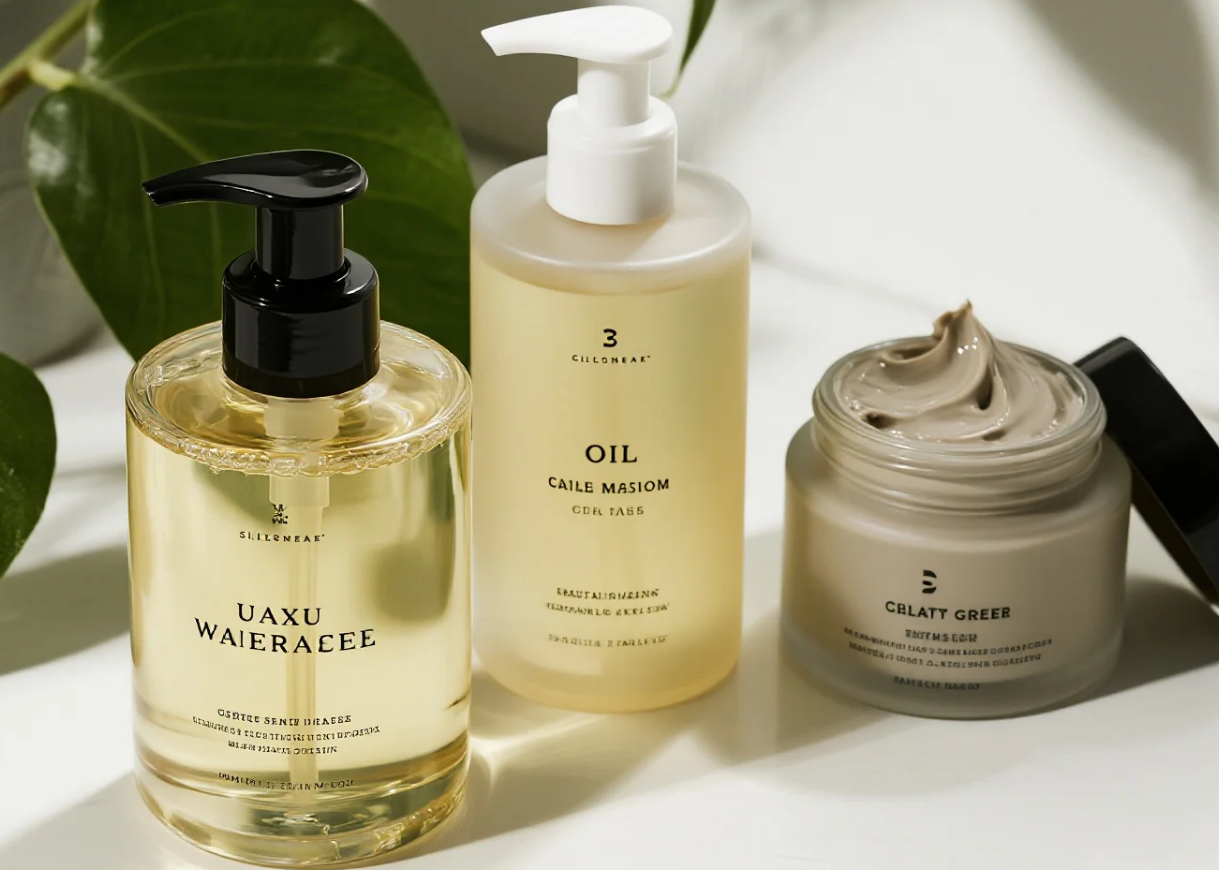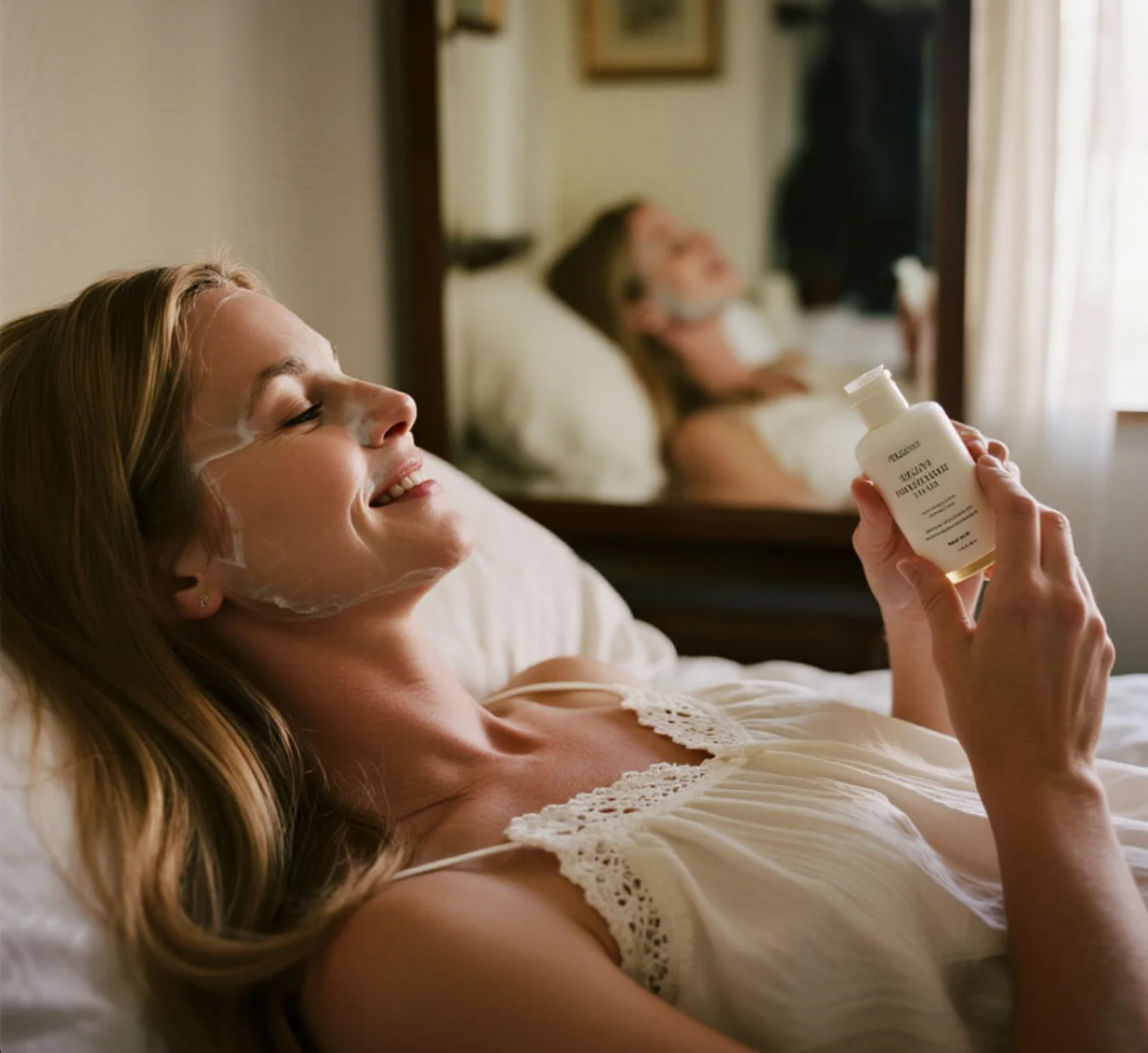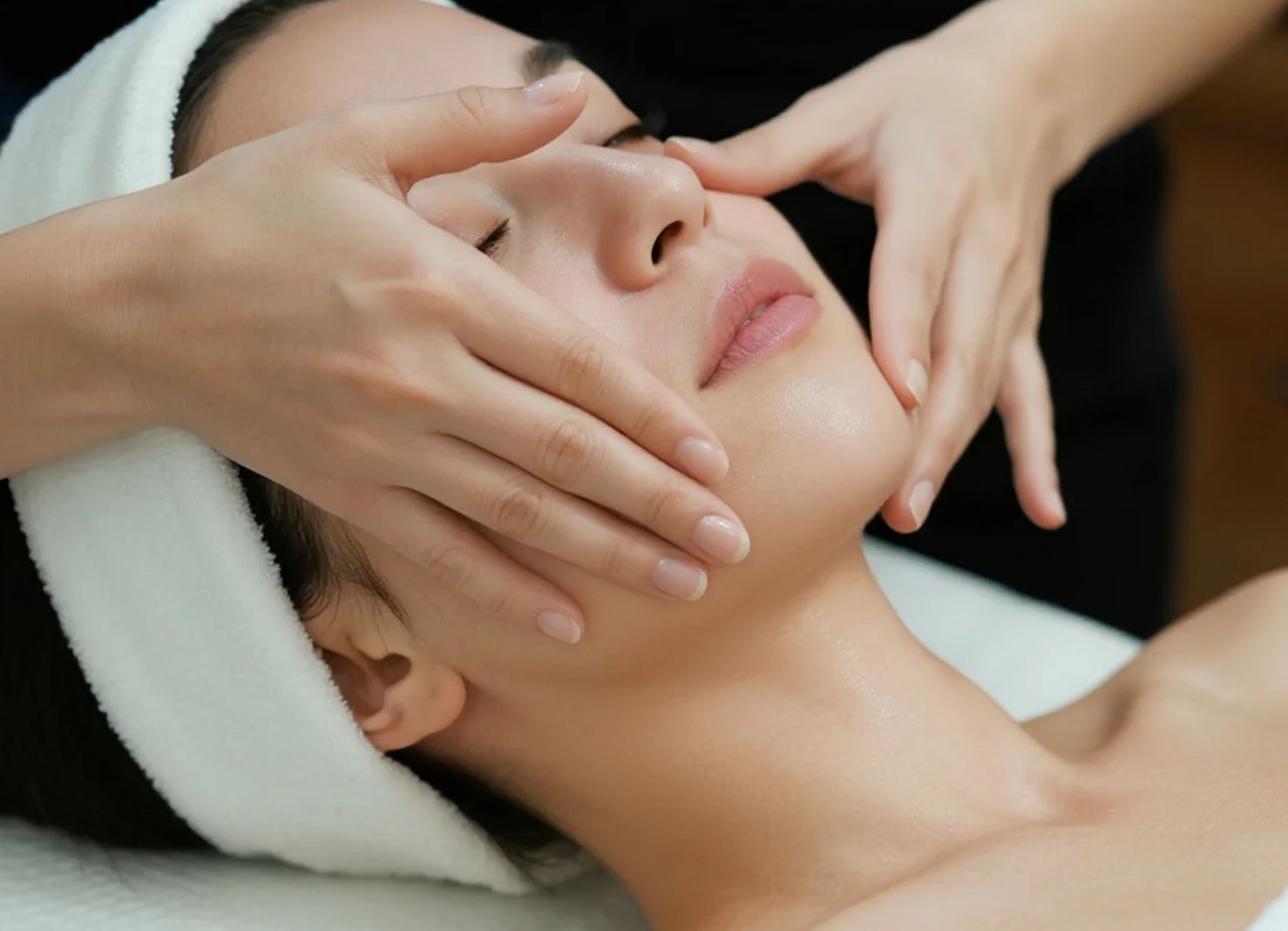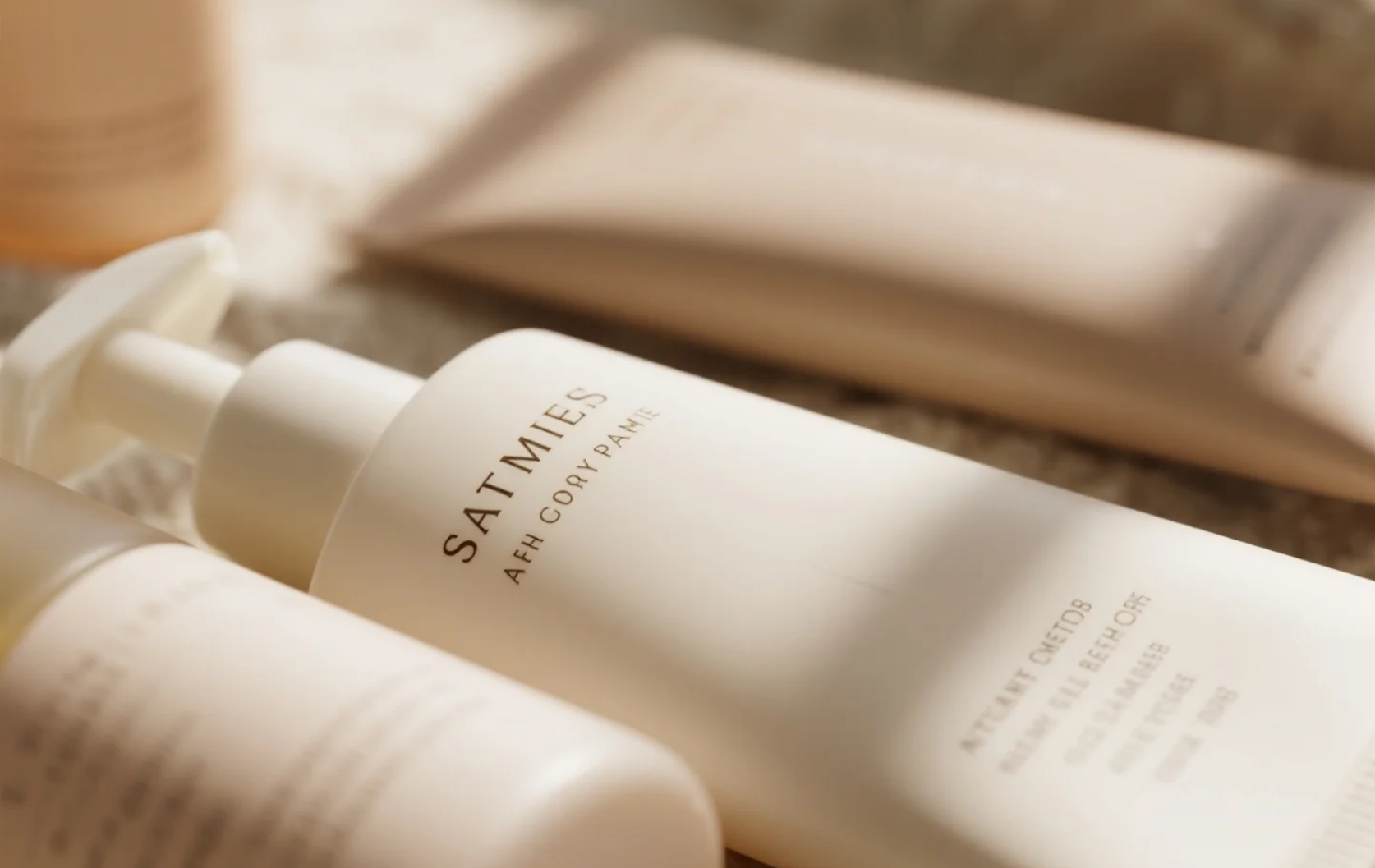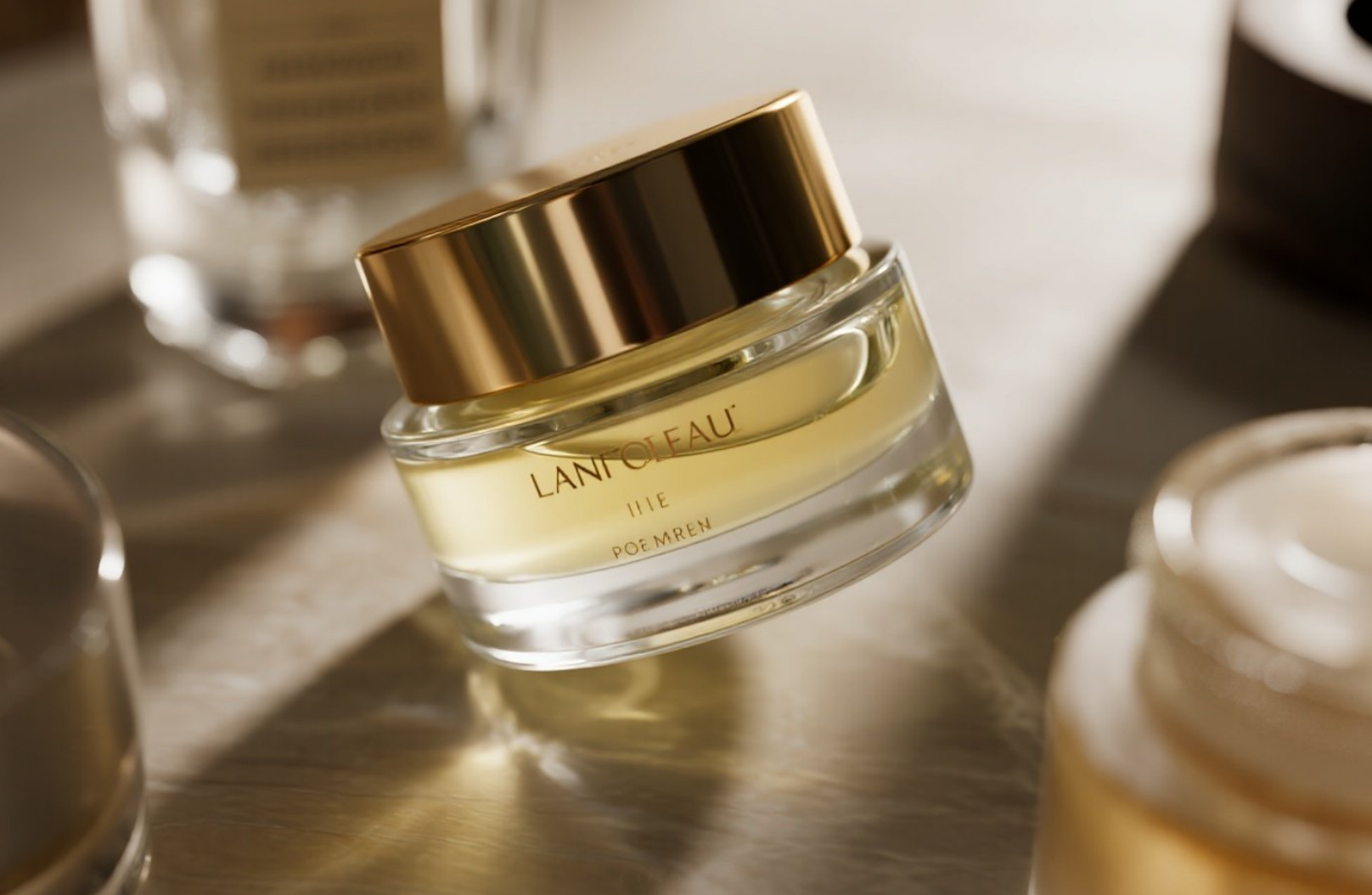Whitening without products? These everyday tricks are more effective!
Many people, pursuing fair and translucent skin, often first resort to purchasing expensive whitening serums, masks, or oral products. However, whitening isn't a short-term goal achieved solely through skincare products. It's more of a comprehensive endeavor, requiring a long-term commitment to lifestyle, diet, skincare, sun protection, and other aspects. In fact, by mastering a few key daily routines and sticking to them, you can gradually achieve a brighter complexion without cluttering your makeup table.
First, it's important to understand that UV rays are the primary external factor affecting skin tone. They promote melanin production and can also exacerbate dark spots and dullness. Therefore, sun protection is the first step to whitening skin, and it shouldn't be neglected, regardless of whether the weather is sunny or cloudy. Many people only apply sunscreen when they're in the sun, but this isn't enough. 20 to 30 minutes before going out, choose a sunscreen with an appropriate SPF based on the environment. For general outdoor activities, it's recommended to use sunscreen with an SPF of 30+ or PA+++, and reapply every 2-3 hours. In addition to chemical sunscreen, physical sunscreen, such as sun hats, sunglasses, and sun-protective clothing, is equally important. Physical protection can significantly reduce the risk of sunburn, especially between 10 a.m. and 4 p.m., when UV rays are strongest. If you must be outdoors during bright sunlight hours, it's best to use both sunscreen and physical protection.
 In skincare, whitening isn't just about a serum; it's built on a healthy skin barrier. For daily cleansing, choose a gentle cleanser, both morning and evening. This will remove dirt, oil, and dead skin cells from the skin's surface while avoiding over-cleansing that damages the skin barrier. Healthy skin requires adequate hydration, so moisturizing and whitening should go hand in hand. Use a moisturizing toner, lotion, or cream morning and night to lock in moisture and improve dullness caused by dryness. When skin is hydrated, whitening ingredients are more effectively absorbed. Whitening skincare products containing ingredients like vitamin C, niacinamide, and arbutin can inhibit melanin production and lighten existing dark spots to a certain extent, but they require consistent use over several weeks to months for visible results. In addition, gently exfoliate once or twice a week to remove dead skin cells, making skin appear brighter and enhancing the penetration of subsequent skincare products. However, those with sensitive skin should extend the intervals to avoid irritation.
In skincare, whitening isn't just about a serum; it's built on a healthy skin barrier. For daily cleansing, choose a gentle cleanser, both morning and evening. This will remove dirt, oil, and dead skin cells from the skin's surface while avoiding over-cleansing that damages the skin barrier. Healthy skin requires adequate hydration, so moisturizing and whitening should go hand in hand. Use a moisturizing toner, lotion, or cream morning and night to lock in moisture and improve dullness caused by dryness. When skin is hydrated, whitening ingredients are more effectively absorbed. Whitening skincare products containing ingredients like vitamin C, niacinamide, and arbutin can inhibit melanin production and lighten existing dark spots to a certain extent, but they require consistent use over several weeks to months for visible results. In addition, gently exfoliate once or twice a week to remove dead skin cells, making skin appear brighter and enhancing the penetration of subsequent skincare products. However, those with sensitive skin should extend the intervals to avoid irritation.
Dietary adjustments are also essential for whitening. Vitamin C is a key ingredient in whitening recipes, as it inhibits melanin synthesis and participates in collagen production. Consuming vitamin C-rich foods, such as oranges, kiwis, strawberries, tomatoes, broccoli, and green peppers, can naturally boost antioxidant capacity without supplemental intake. Vitamin E is also a good skincare aid, protecting cells from free radical damage and slowing aging. Sources include nuts like almonds, walnuts, and peanuts, vegetable oils like olive oil and corn oil, and legumes. Furthermore, drinking adequate water daily (approximately 1500-2000 ml) helps maintain a smooth metabolism, eliminate waste products, and reduce dull skin tone caused by sluggish metabolism. Regarding dietary restrictions, in addition to limiting intake of dark foods like coffee, soy sauce, and strong tea, you should also be mindful of photosensitive foods such as celery, cilantro, spinach, figs, and mangoes. These foods can increase your skin's sensitivity to UV rays when exposed to sunlight, making it more susceptible to tanning.
Lifestyle habits often have a more profound impact on your skin tone than any single skincare regimen. Adequate sleep is not only crucial for maintaining mental well-being but also crucial for your skin's nighttime repair. Adults are recommended to sleep 7 to 8 hours daily to allow the skin ample time for cell renewal and self-repair. Smoking and excessive alcohol consumption can disrupt this balance. Smoking deprives the skin of oxygen, causing it to turn yellow and dark, while alcohol can affect liver metabolism, indirectly affecting skin tone. Emotions are also an often overlooked factor. Prolonged anxiety and stress can cause endocrine disorders and exacerbate pigmentation problems. Maintaining an optimistic attitude and learning to manage stress can help stabilize your skin. Furthermore, moderate exercise can promote blood circulation and metabolism, allowing the skin to receive more oxygen and nutrients, resulting in a naturally rosy complexion. Aerobic exercise, such as running, swimming, and yoga, performed three to five times a week, can lay the foundation for healthy and brighter skin.
 In general, brightening skin is a gradual process. It doesn't rely on a single method, nor is it a task that can be achieved overnight. True brightening comes from the combined efforts of multiple factors: sun protection is the first line of defense, skincare is the foundation, diet provides nourishment, and lifestyle habits provide the guarantee. Even without relying on expensive products, by paying attention to these details in your daily routine, your complexion will gradually become translucent, even, and healthy. This improvement from within is more long-lasting than relying solely on topical products and is more in line with the skin's natural state.
In general, brightening skin is a gradual process. It doesn't rely on a single method, nor is it a task that can be achieved overnight. True brightening comes from the combined efforts of multiple factors: sun protection is the first line of defense, skincare is the foundation, diet provides nourishment, and lifestyle habits provide the guarantee. Even without relying on expensive products, by paying attention to these details in your daily routine, your complexion will gradually become translucent, even, and healthy. This improvement from within is more long-lasting than relying solely on topical products and is more in line with the skin's natural state.




